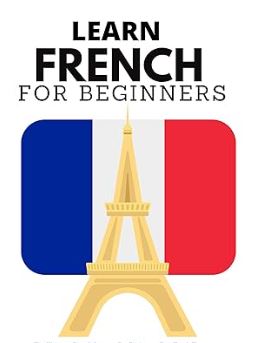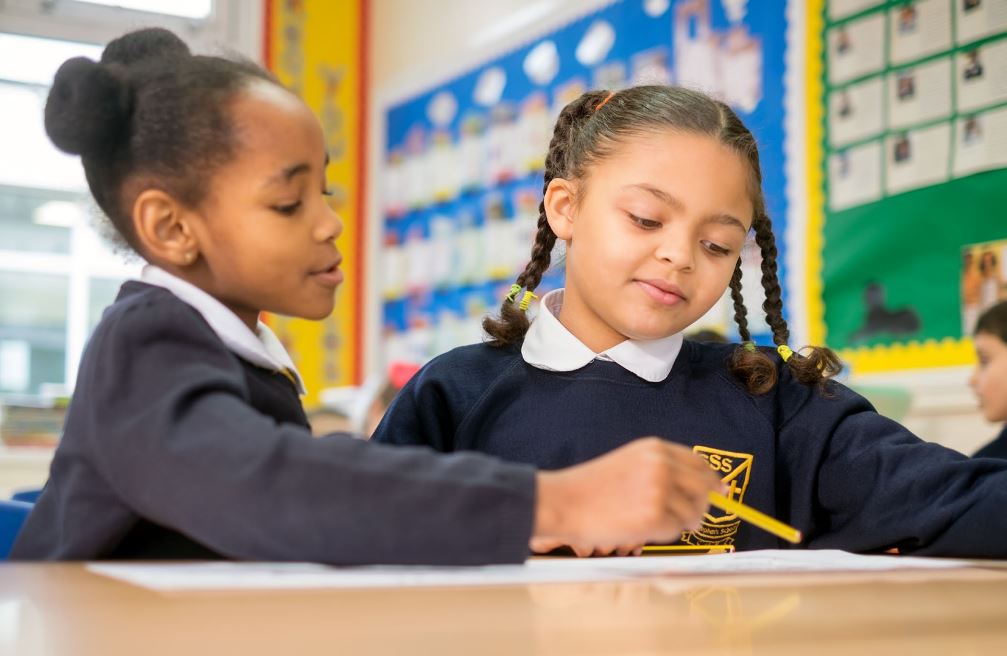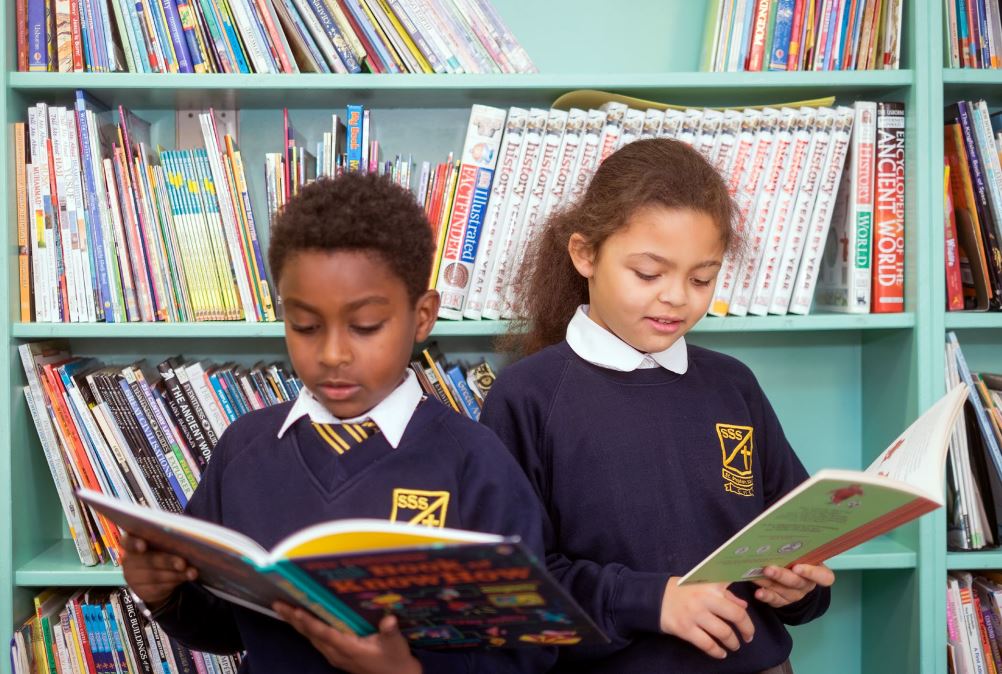FRENCH
Intent
 The Modern Foreign Language (MFL) taught at St Stephen’s C of E Primary School is French. Which gives a clear progression and understanding which is taught from Year 3.
The Modern Foreign Language (MFL) taught at St Stephen’s C of E Primary School is French. Which gives a clear progression and understanding which is taught from Year 3.
All pupils will be expected to achieve their full potential by encouraging high expectations and excellent standards in their foreign language learning teaching - the ultimate aim being that pupils will feel willing and able to continue studying languages beyond key stage 2.
The intent is that all content will be continuously updated and reviewed annually, creating a dynamic programme of study that will be clearly outlined in both long-term and short-term planning. This will ensure that the foreign language knowledge of our pupils progresses within each academic year and is extended year upon year throughout the primary phase and, in so doing, will always be relevant and in line with meeting or exceeding national DfE requirements.
The four key language learning skills; listening, speaking, reading and writing will be taught and all necessary grammar will be covered in an age-appropriate way across the primary phase. This will enable pupils to use and apply their learning in a variety of contexts, laying down solid foundations for future language learning and also helping the children improve overall attainment in other subject areas. In addition, the children will be taught how to look up and research language they are unsure of and they will have a bank of reference materials to help them with their spoken and written tasks going forward. This bank of reference materials will develop into a reference library to help pupils recall and build on previous knowledge throughout their primary school language learning journey.
The intent is that all pupils will develop a genuine interest and positive curiosity about foreign languages, finding them enjoyable and stimulating. Learning a second language will also offer pupils the opportunity to explore relationships between language and identity, develop a deeper understanding of other cultures and the world around them with a better awareness of self, others and cultural differences. The intention is that they will be working towards becoming life-long language learners.Implementation
All classes will have access to a very high-quality foreign languages curriculum using the Language Angels scheme of work and resources. This will progressively develop pupil skills in foreign languages through regularly taught and well-planned weekly lessons in KS2.
Children will progressively acquire, use and apply a growing bank of vocabulary, language skills and grammatical knowledge organised around age-appropriate topics and themes - building blocks of language into more complex, fluent and authentic language.
All teachers will know where every child is at any point in their foreign language learning journey.
The planning of different levels of challenge (as demonstrated in the various Language Angels Teaching Type categories) and which units to teach at each stage of the academic year will be addressed dynamically and will be reviewed in detail annually as units are updated and added to the scheme. Lessons offering appropriate levels of challenge and stretch will be taught at all times to ensure pupils learn effectively, continuously building their knowledge of and enthusiasm for the language(s) they are learning. 
Language Angels are categorised by ‘Teaching Type’ to make it easier for teachers to choose units that will offer the appropriate level of challenge and stretch for the classes they are teaching.
Reading and writing activities will be offered in all units. Some extended reading and writing activities are provided so that native speakers can also be catered for.
Pupil learning and progression will be assessed at regular intervals in line with school policy. Teachers will aim to assess each language skill (speaking, listening, reading and writing) twice throughout each academic year to be able to provide reference points against which learning and progression in each skill can be demonstrated.
Impact
 Children are encouraged to understand the relevance of what they are learning in languages and how it relates to everyday life and travel. French is taught using a variety of resources, including games, songs, role play and storytelling. Evidence of work is kept in children’s books and folders. Lessons are carefully planned to ensure progression and are based on the KS2 scheme of work for languages.
Children are encouraged to understand the relevance of what they are learning in languages and how it relates to everyday life and travel. French is taught using a variety of resources, including games, songs, role play and storytelling. Evidence of work is kept in children’s books and folders. Lessons are carefully planned to ensure progression and are based on the KS2 scheme of work for languages.
Progression is evident in the development of key skills and acquisition of main vocabulary.
Children are expected to make good or better than good progress in their foreign language learning and their individual progress is tracked and reported to pupils and parents / carers in line with school recommendations.




